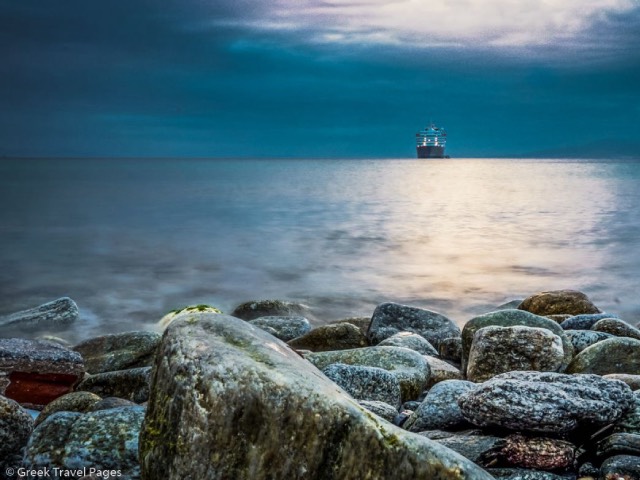The Greek government has agreed on conditions to allow cruise ships to carry out short-term berthing at Greek ports under strict safety rules.
In collaboration with the Cruise Lines International Association (CLIA), the Greek shipping ministry has allowed the provision of food supplies, water and fuel, as well as the safe disposal of waste based on EU and international maritime regulations.
The agreement foresees that cruise ships with a clean maritime health declaration should only have crew on board while no disembarkation is allowed.
The economic benefits of extended anchorage include ships carrying out refuelling, repair and start-up activities in Greece before they can set sail again.
“We wish to thank the Greek government for its collaborative approach, and for working closely with the cruise lines during this crisis. Providing supplies and fuel is of vital importance,” said Maria Deligianni, CLIA regional representative in Eastern Mediterranean.
“Four ships so far have successfully obtained their supplies following this process. The cruise lines fully understand the conditions imposed in an effort to promote the safety and protection for public health,” she added.
Deligianni went on to add that cruise companies have appreciated Greece’s “pragmatic stance” and quick response to the coronavirus pandemic.
“Due to this cooperation so far, cruise companies want to keep their ships in Greece, until they resume their activities. This can be achieved if the ships are given the opportunity to stay in suitable anchorages in Greek waters for an extended period in order to be in a safe shelter and carry out short-term berthing only when supplies are needed, always with respect to existing restrictions and full compliance with safety rules,” Deligianni said.
Among the first to voluntarily suspend operations worldwide due to the coronavirus outbreak, CLIA member cruise lines have adopted enhanced screening protocols, which are constantly being reviewed and updated based on international health authority guidelines.
Source: news.gtp.gr









































